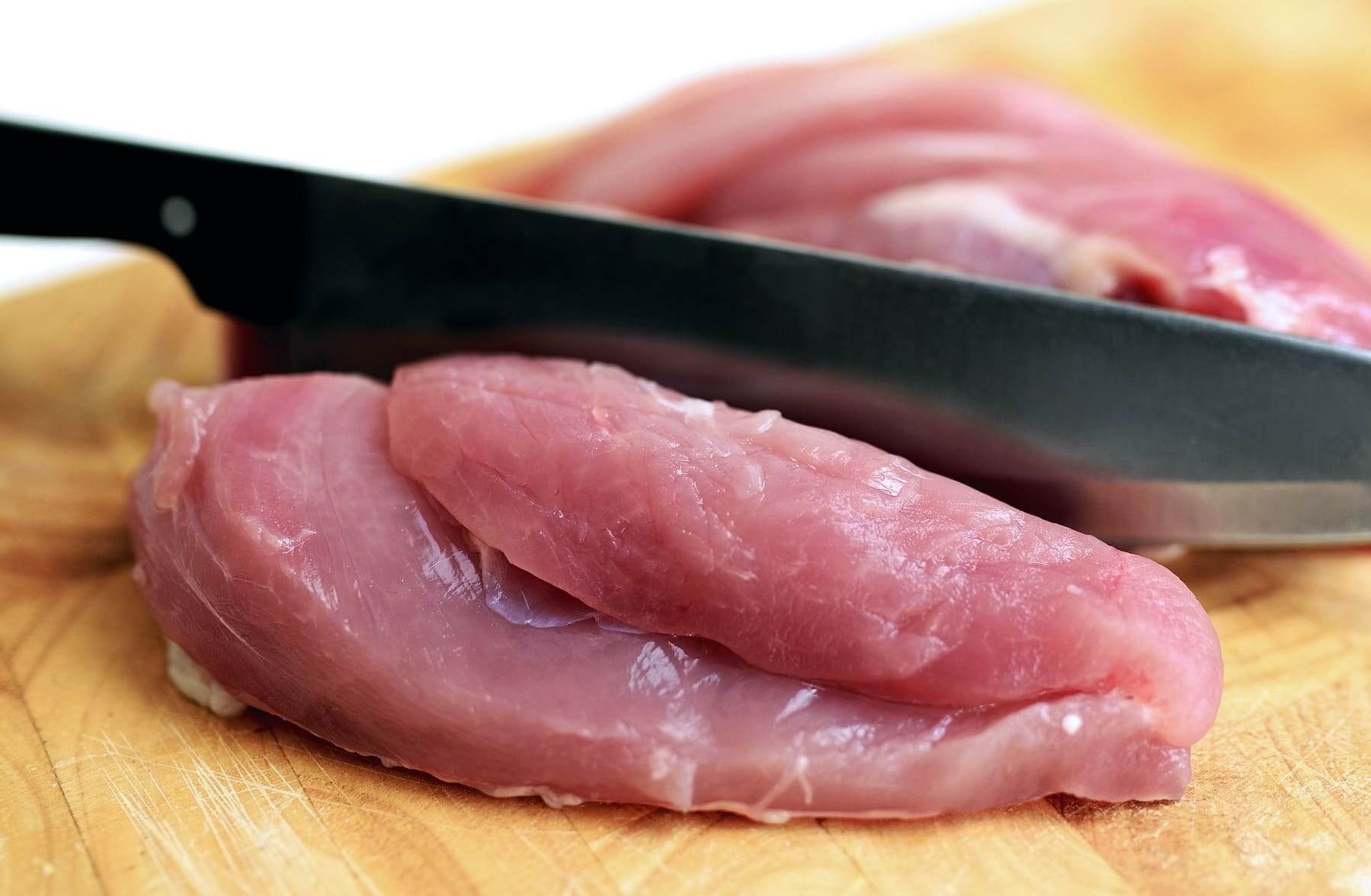Bengal cats are unique felines, both in terms of appearance and nutritional needs.
Descended from the wild Asian leopard cat, these domestic companions exhibit characteristics that are distinct from other domestic cat breeds.
One question frequently posed by Bengal cat owners is whether or not to feed their pets a raw meat diet.
This post will explore the scientific basis for this dietary choice, examine the potential benefits and drawbacks, and discuss recommended ingredients if you decide to transition your Bengal cat to a raw meat diet.
Why Bengal Cats Should Eat Raw Meat
Bengal cats, like all domestic felines, are obligate carnivores.
This biological classification implies a physiological necessity for nutrients predominantly found in animal tissue, including high-quality protein, taurine, arachidonic acid, and vitamin A.
While many commercial cat foods attempt to replicate these nutrients synthetically, a raw meat diet offers them in their most bioavailable forms.
From a nutritional standpoint, raw meat fulfills the innate dietary requirements of Bengal cats more closely than most commercial foods, which often contain plant-based fillers and by-products.
Benefits from a Raw Meat Diet
One of the most immediately noticeable benefits of feeding your Bengal cat a raw meat diet is an improvement in coat quality.
A diet rich in high-quality protein and natural oils typically results in a sleeker, more lustrous coat. Beyond aesthetics, this can serve as an indicator of overall health, as skin and fur condition are often used in veterinary medicine as markers for nutritional status.
Another significant benefit is dental health.
The mechanical action of chewing raw meat can help remove plaque from a cat’s teeth, reducing the risk of dental disease.
Additionally, the lower carbohydrate content of a raw meat diet may help mitigate the risks of obesity and diabetes, conditions increasingly common in domestic cats.
While anecdotal reports suggest enhanced energy levels and immune function in cats on a raw diet, it’s worth noting that peer-reviewed studies in this area are currently scarce.
Disadvantages to a Raw Meat Diet
Despite the apparent benefits, there are some considerations to be aware of.
Raw meat can be a potential vector for pathogens like Salmonella and E. Coli.
While cats have a digestive system more capable of handling bacteria, contamination is still a risk that requires careful food handling and preparation.
Additionally, there’s the risk associated with bones, which can pose a choking hazard or cause internal damage if not adequately processed.
Lastly, a poorly balanced homemade raw diet could lead to nutrient deficiencies or imbalances, which is why consultation with a veterinarian or a certified pet nutritionist is often advised when making this dietary transition.
Best Ingredients for a Raw Meat Diet
If you decide that a raw meat diet is the right choice for your Bengal cat, the quality and variety of meat are crucial.
Choose human-grade meats like chicken, turkey, or rabbit as the main protein sources.
Organ meats such as liver and heart should also be included for their higher nutrient density.
Small amounts of vegetables like carrots and peas can provide additional fiber and nutrients. Fish oil can be added as a source of Omega-3 fatty acids, and if required, a well-balanced supplement can provide any additional vitamins and minerals to complete the diet.
Summary
Feeding your Bengal cat a raw meat diet is a choice that has a strong basis in the animal’s natural nutritional needs.
This diet can offer numerous benefits, including improved coat quality, dental health, and potentially lower risks of obesity and diabetes.
However, the risk of bacterial contamination and the necessity for a balanced diet mean that this isn’t a choice to be made lightly. Consulting a veterinarian for a comprehensive dietary plan tailored to your Bengal cat’s specific needs is advised.
Overall, a raw meat diet for Bengal cats is a great option for those willing to go the extra mile for their cat’s health.
